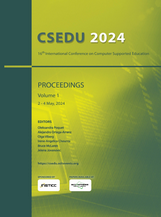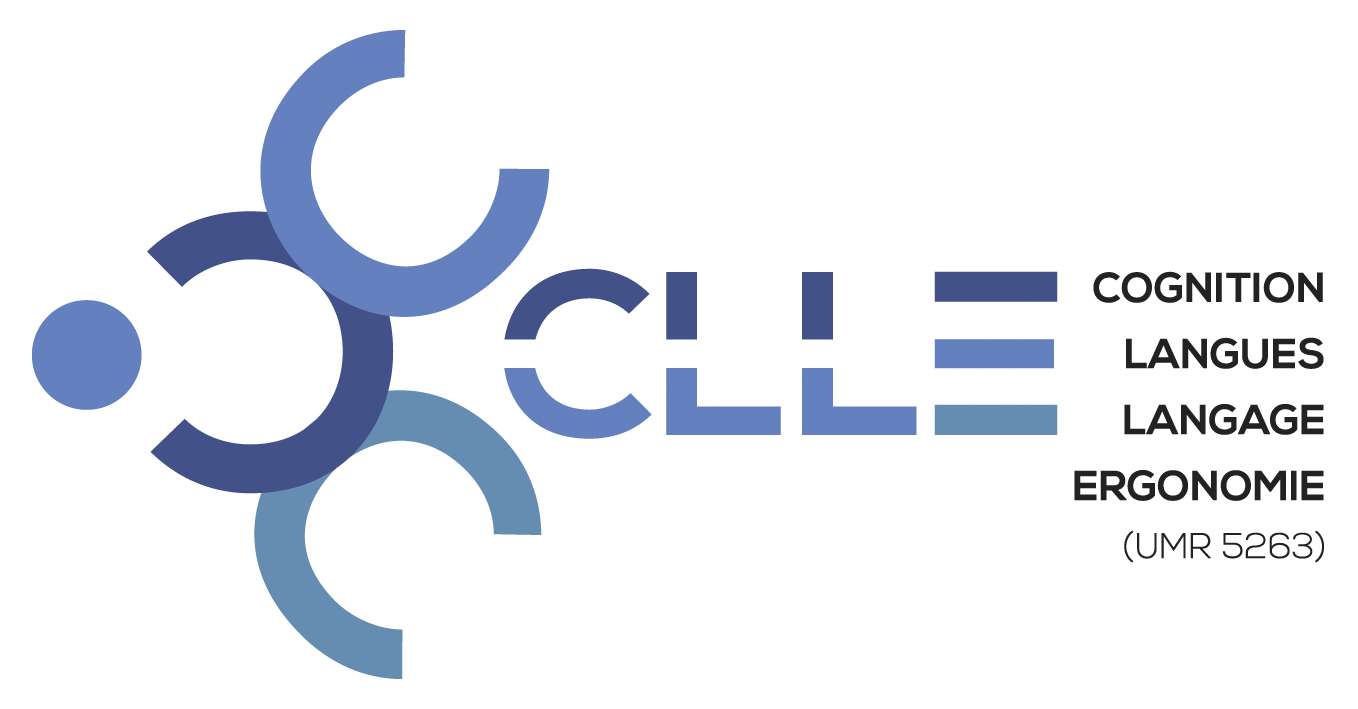-
Partager cette page
Proceedings of the 16th International Conference on Computer Supported Education - (Volume 2)
How Gender Influences the Effect of Self-Efficacy on Training Success on a Mobile Curriculum
Publié le 14 mai 2024 – Mis à jour le 14 mai 2024
Marion Peyrègne and Jean-Christophe Sakdavong (CLLE)
ISBN: 978-989-758-697-2
ISSN: 2184-5026

Self-efficacy is a key concept for understanding learner behavior and a fundamental support for improving training and learner support systems. In a context where digital technology is taking up more and more space in training systems, digital self-efficacy interferes between learners and their learning performance. Women show lower digital self-efficacy than men and may in certain digital learning contexts see themselves penalized. This study aimed at checking the effect of digital self-efficacy on a mobile curriculum with the following research question: Does digital self-efficacy play a mediating role between gender and learning performance in a digital context? After collecting and analysing data from 49 participants, we show that women’s digital self-efficacy is lower than that of men, and that self-efficacy impacts learning performance. We have thus shown that self-efficacy is a key concept which plays a mediating role between gender and learning performance.
- Accueil
- Présentation
-
-
Langues et langage
- Structures LInguistiques: Modèles, Variations, usages
- OCcitan, langues Romanes, langues d’Europe : décrire, formaliser, outiller, comparer
- Didactique du français et des langues, Linguistique située, Formation des enseignants
- Discours
- Processus Langagiers & Cognitifs
- Outils Numériques : aspects cognitifs et langagiers
- Education & Apprentissage
- Multimodalité, Variation, Culture
- Cognition en Situation Complexe
-
Langues et langage





